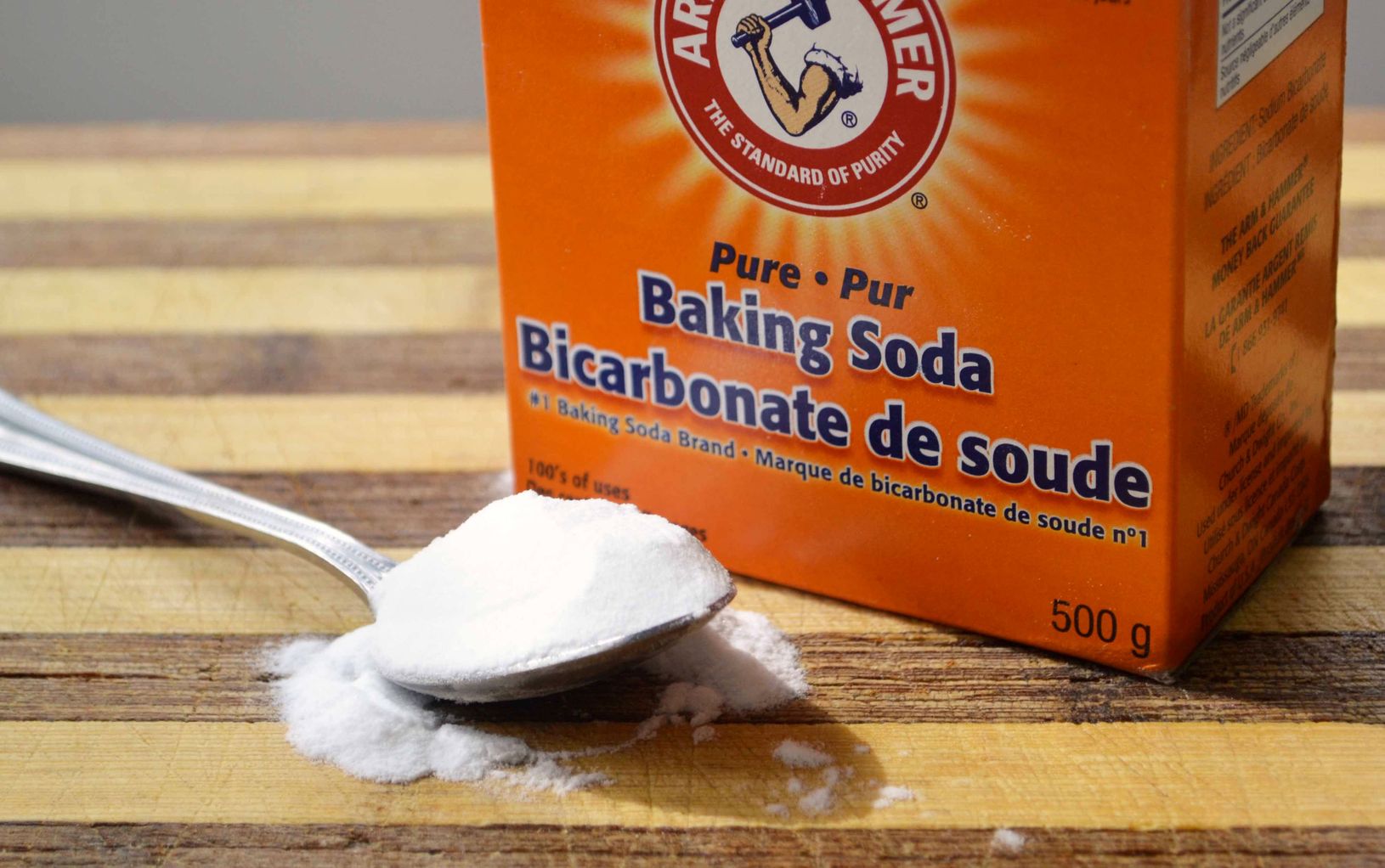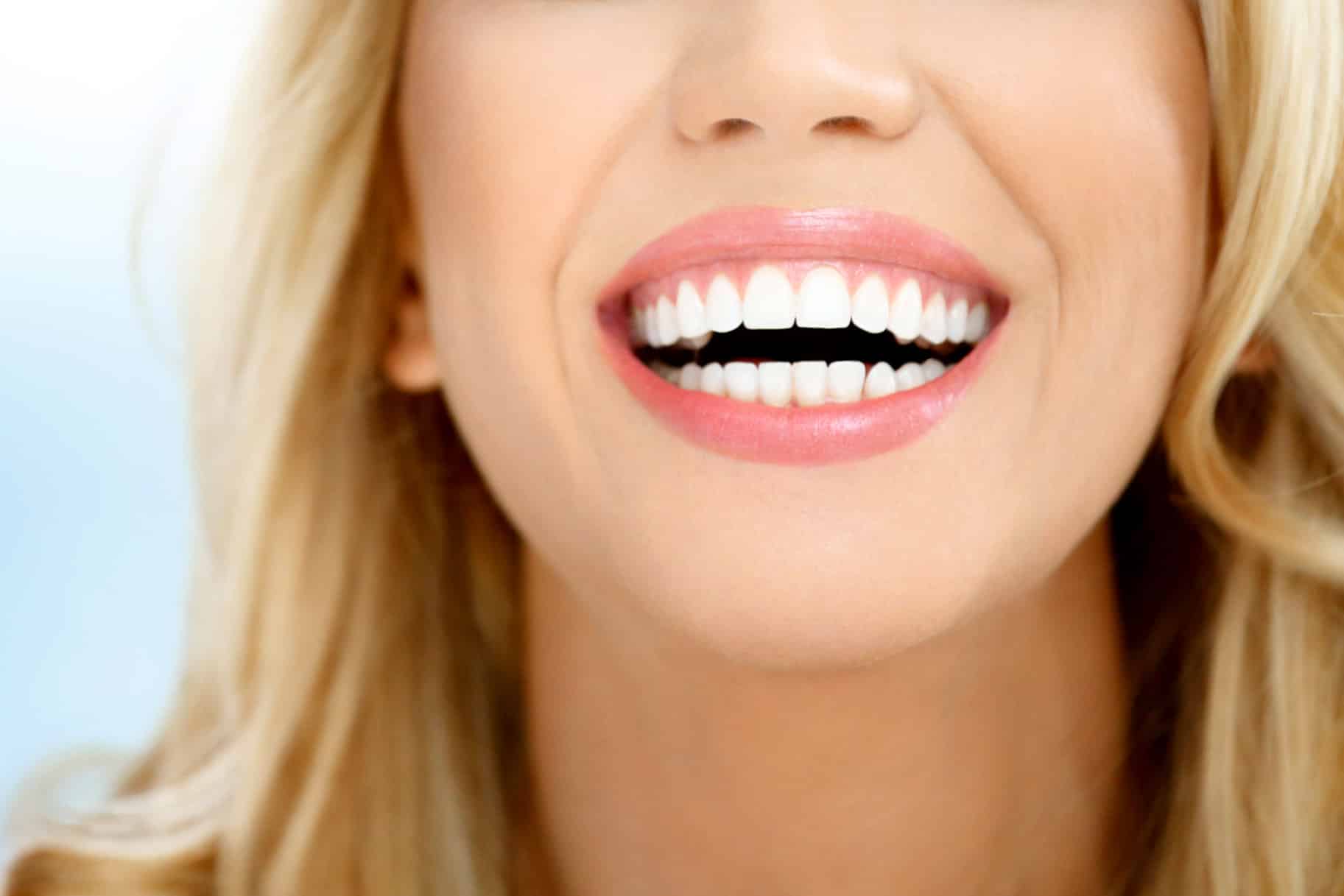
Dreaming of a brighter smile without breaking the bank? Bicarb soda, commonly known as baking soda, might be the solution you’re looking for. This blog, “Does bicarb soda whiten teeth?”, delves into the details of using bicarb soda for teeth whitening, including its mechanism, application methods, and the pros and cons associated with this popular home remedy.
How Does Bicarb Soda Work for Teeth Whitening?
Bicarb soda, a household staple, possesses natural properties that make it an effective home remedy for teeth whitening:
Mild Abrasive Nature:
Bicarb soda’s mild abrasive property aids in removing surface stains from teeth, contributing to a brighter smile.
Alkalinity:
The alkaline nature of bicarb soda helps neutralise acids in the mouth, potentially reducing bacteria and plaque for improved oral health.
- Read More: DOES COCONUT OIL WHITEN YOUR TEETH?
- Read More: CAN YOU USE TEETH WHITENING STRIPS WHILE PREGNANT?
How to Use Bicarb Soda to Whiten Teeth:
Achieving a whiter smile with bicarb soda is a simple process. Follow these steps for effective results:
Create a Paste:
Mix equal parts of bicarb soda and water to form a paste.
Apply to Toothbrush:
Apply the bicarb soda paste to a soft bristle toothbrush.
Brush Gently:
Brush teeth gently in circular motions, ensuring each tooth is covered with the paste.
Rinse Thoroughly:
Spit out the baking soda residue and rinse your mouth thoroughly with water.
To enhance whitening, some individuals incorporate hydrogen peroxide, a common ingredient in whitening products, but caution is advised due to potential sensitivity. Avoid adding lemon or vinegar, as their acidity may harm teeth.
Advantages and Side Effects of Bicarb Soda for Teeth Whitening:
Understanding the pros and cons is crucial before diving into bicarb soda teeth whitening:
Pros:
Cost-Effective Solution
Effective Against Surface Stains
Potential Reduction in Bacteria and Plaque
Cons:
Abrasive Nature Can Damage Enamel
Gradual Results Compared to Professional Treatments
Lack of Fluoride for Strengthening Teeth
Conclusion:
Bicarb soda stands out as an accessible, at-home solution for stained teeth. While it offers a cost-effective means to brighten your smile, it’s essential to weigh the potential risks. Gradual results and the absence of fluoride should be considered. Consult with your Dentist Brisbane for personalised guidance, ensuring a safer and more effective use of bicarb soda.
- Read More: HOW LONG DOES WISDOM TOOTH GROWING PAIN LAST?
- Read More: HOW MUCH IS A CROWN TOOTH?
Frequently Asked Questions:
Can I mix bicarb soda with my toothpaste for whitening?
Yes, you can mix bicarb soda with toothpaste. However, limit usage to twice a week. Alternatively, toothpaste with bicarb soda is available in the market for added convenience.
Does bicarb soda have any side effects on oral health?
Bicarb soda is generally safe when used correctly. Excessive or improper use may lead to enamel damage and gum sensitivity. Consult with your dentist to avoid potential side effects.
What are common cautions taken for bicarb soda as teeth whitening?
Continuous use of bicarb soda may harm tooth enamel. Use fluoride-containing toothpaste alongside bicarb soda to prevent cavities. If you have dental appliances, consult your dentist before using bicarb soda.


